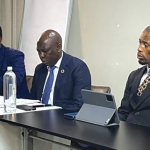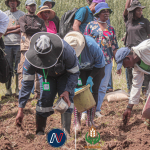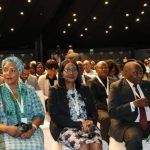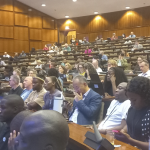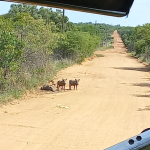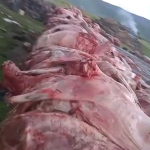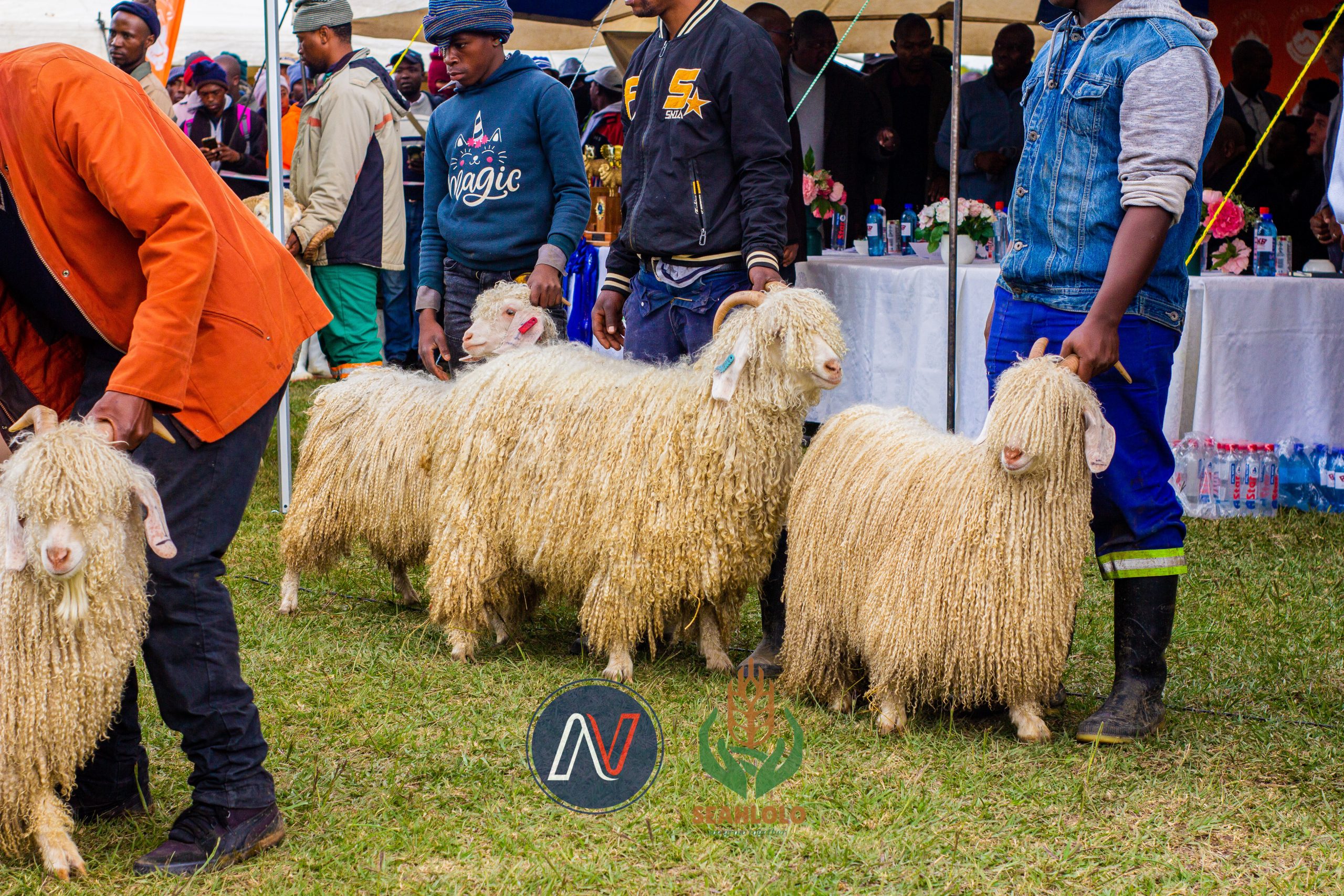Lesotho is set to take centre stage in the global wool industry when it hosts the International Wool Textile Organization (IWTO) Round Table from 23 to 27 November 2025, an event expected to open new doors for farmers, the textile sector and the national economy.
The announcement was made earlier this month by the Lesotho National Wool and Mohair Growers Association (LNWMGA), which confirmed that Standard Lesotho Bank will be the main sponsor of the gathering.
IWTO, established in 1930, is the international body representing the global wool textile trade, bringing together growers, traders, processors, spinners, weavers, garment makers and retailers of wool and allied fibres.
The 2024 round table was hosted in Turkey, and this year marks a milestone for Lesotho, which has been lobbying for years to bring the prestigious event home.
LNWMGA Chairperson Mokoenehi Thinyane said the announcement is the result of persistent efforts.
“We struggled for many years to win the opportunity to host the event, and it was only last year that the IWTO president acknowledged our tireless efforts and confirmed Lesotho as the host nation,” Thinyane explained.
Lesotho became an IWTO member in 2009, and Thinyane noted that the privilege of hosting had not come easily.
“During our visits to other countries, we saw how these events boost economies. Hosting in Lesotho will be the biggest achievement for us. Hotels, guest houses, restaurants, travel agencies – all these businesses will benefit from international visitors,” he said.
According to Thinyane, the round table will not only highlight wool production but also serve as a showcase for Basotho culture and entrepreneurship. Farmers, wool crafters, textile manufacturers, and designers are being invited to attend and present their work.
“This is not just a showcase but a platform to show who we are, and how our animals contribute to Basotho culture in front of international leaders,” he said.
He added, “It is a chance for Basotho to advertise their products and attract investors who may return to support the sector.”
Thinyane revealed that the programme would feature an official opening led by the Prime Minister or the Minister of Agriculture and Food Security, followed by technical sessions and presentations on wool projects in Lesotho.
According to the Director of Marketing within the Agriculture Ministry, Lekhooe Makhate, the program would further include demonstrations of wool products such as mats and clothing, and discussions on wool’s contribution to the economy.
“Basotho are known for excelling in competitions, so the round table will also include wool shearing and product competitions, as well as business-focused sessions and sustainability discussions,” Makhate explained.
Beyond conference halls, delegates would also be taken on cultural tours to Thaba Bosiu to learn about the history of the Basotho nation, and to Malealea, known for its scenic beauty and cultural heritage.
“This event is not only about discussions,” Thinyane emphasised, saying is an opportunity to deepen the relationship between IWTO and LNWMGA, while showcasing Lesotho’s rich land and culture.”
While Lesotho ranks fourth in global wool production, Thinyane noted that farmers continue to face challenges such as market access, livestock diseases, theft, and climate change.
He believes the IWTO event could help turn the tide.
“Most Basotho live by rearing animals, and our aim is to see farmers succeed and live well like others in different professions. The IWTO round table can be a game changer because it allows us to learn directly from global leaders,” he said.
He added that wool production already creates jobs across communities, from herders, shearers, wool classers and record keepers. Hosting an international event of this magnitude will reinforce this impact by stimulating more opportunities.
To ensure inclusivity, LNWMGA announced that the event will be live-streamed on social media, allowing farmers across the country to follow proceedings even if they cannot attend in person.
Thinyane also revealed that each district would hold meetings after the round table, so representatives can share the information with farmers at the grassroots level.
Looking to the future, he highlighted the potential for education and international collaboration.
“In the past, we received a proposal to send ten students to Australia for studies in wool, but COVID-19 restrictions stopped that. There are many opportunities from IWTO membership, and hosting will only increase them,” he said.
The IWTO has 33 members across 23 countries and is dedicated to promoting sustainable wool production through research, education, and knowledge sharing. Its events are renowned for shaping industry standards and opening opportunities for host countries.
For Lesotho, the 2025 round table is expected to strengthen partnerships, grow the textile value chain, and shine a global spotlight on the resilience of Basotho farmers.
“Hosting this event is a victory for the entire nation. It proves that Basotho farmers are not only producers but also global players in the wool industry,” Thinyane concluded.

